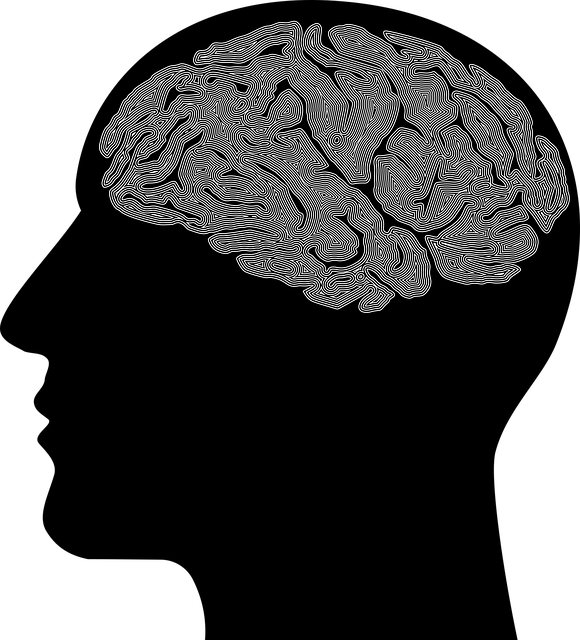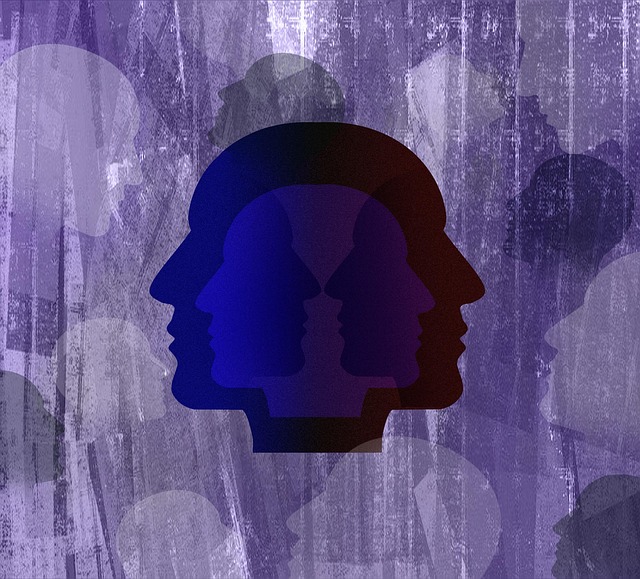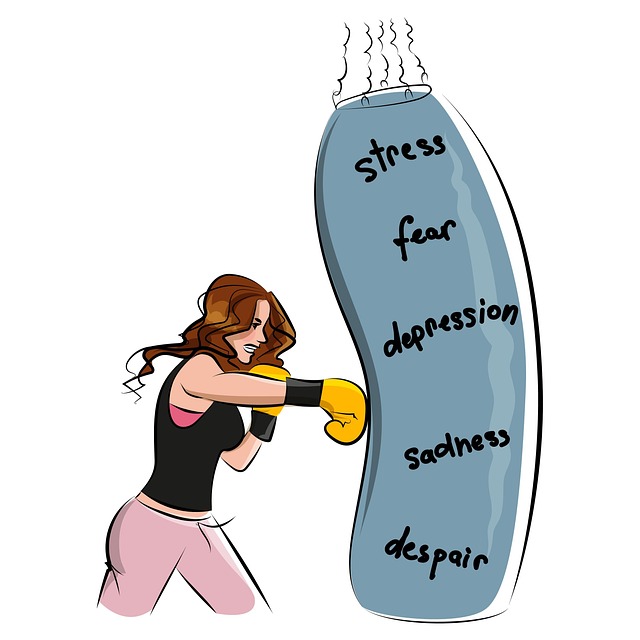Social skills training is a crucial yet often overlooked aspect of therapy for anxiety. Effective strategies include journaling, mindfulness meditation, and cultural competency training for healthcare providers. Integrated with cognitive-behavioral therapy (CBT), this approach helps individuals manage anxiety by improving emotional regulation and reducing symptoms. Social skills training involves role-playing and crisis intervention guidance, building confidence in social situations. Group therapy and mental health education further enhance support networks, fostering community and understanding among individuals dealing with anxiety or trauma.
Social skills training is a powerful tool for managing mental health conditions, especially anxiety disorders. This comprehensive guide explores the intricate connection between social interactions and mental well-being, highlighting the transformative potential of therapy. We delve into evidence-based practices, offering practical strategies to enhance social abilities. From understanding the root causes to building supportive networks, this article provides valuable insights for those seeking to navigate social challenges and improve their overall mental health, with a focus on anxiety-related issues.
- Understanding the Link Between Social Skills and Mental Health
- The Role of Therapy in Enhancing Social Skills for Anxiety Disorders
- Practical Strategies for Developing Effective Social Interaction Techniques
- Building a Supportive Network: Peer Connections and Group Therapy
Understanding the Link Between Social Skills and Mental Health

The connection between social skills and mental health is a significant aspect often overlooked in traditional therapy for anxiety or other conditions. Social interactions play a pivotal role in our emotional well-being, and deficiencies in this area can exacerbate existing mental health issues. Many individuals struggling with anxiety disorders, for instance, may find themselves avoiding social situations, leading to feelings of isolation and further contributing to their distress.
Mental wellness journaling exercises and mindfulness meditation have been proven effective in cultivating social skills by enhancing self-awareness and empathy. Additionally, healthcare provider cultural competency training is essential, ensuring professionals are equipped to address the unique needs of diverse patients, fostering a more inclusive and supportive environment for those seeking therapy, be it for anxiety or other mental health concerns.
The Role of Therapy in Enhancing Social Skills for Anxiety Disorders

Social skills training is a vital component in managing anxiety disorders, and therapy plays a pivotal role in enhancing these skills. Through structured sessions, individuals with anxiety can learn effective strategies to navigate social interactions, combat avoidance behaviors, and build confidence. Therapists employ various techniques tailored to each person’s unique needs, such as cognitive-behavioral therapy (CBT), which helps individuals challenge negative thought patterns and face fears gradually.
The process involves practicing social skills in a safe environment, receiving feedback, and learning mindfulness meditation techniques for stress management. These workshops often include burnout prevention strategies for healthcare providers dealing with high-stress situations, enabling them to model healthy coping mechanisms. By combining therapy with mindfulness practices, individuals can improve their emotional regulation, making it easier to engage socially and reduce anxiety symptoms over time.
Practical Strategies for Developing Effective Social Interaction Techniques

Social skills training is an integral part of therapy for anxiety, offering practical strategies to navigate social interactions with confidence and ease. One effective approach involves role-playing scenarios that allow individuals to practice difficult conversations, fostering a safe space to build resilience and reduce apprehension. By immersing themselves in simulated situations, clients can learn to manage their responses, improve communication, and enhance self-esteem.
Additionally, crisis intervention guidance plays a crucial role in these sessions. Trained therapists teach techniques to recognize and de-escalate high-stress situations, empowering individuals to maintain composure during challenging social encounters. Self-care routine development for better mental health is another key aspect; encouraging consistent practices that promote relaxation, mindfulness, and emotional well-being.
Building a Supportive Network: Peer Connections and Group Therapy

Building a supportive network is an integral part of managing mental health conditions, especially for those navigating therapy for anxiety or trauma-related issues. Peer connections offer a unique and powerful form of support. Group therapy sessions facilitate interactions with individuals facing similar challenges, fostering a sense of community and understanding. Here, individuals can share experiences, strategies, and insights in a safe and non-judgmental environment, enhancing social skills and building resilience.
Group settings also provide an opportunity to learn valuable conflict resolution techniques, essential for maintaining healthy relationships. Mental health education programs designed with a focus on group dynamics can empower individuals to handle interpersonal challenges, improve communication, and create stronger support networks. These peer connections and group therapy sessions become vital tools in the journey towards better mental well-being, especially when combined with professional Trauma Support Services.
Social skills training is a powerful tool in managing mental health conditions, especially anxiety disorders. By understanding the connection between social interactions and mental well-being, individuals can navigate social situations with increased confidence. Through therapy, practical strategies, and peer support, those affected by anxiety can develop essential social interaction techniques to enhance their overall quality of life. This holistic approach to treatment empowers folks to overcome challenges and foster meaningful connections, ultimately improving their mental health outcomes.









